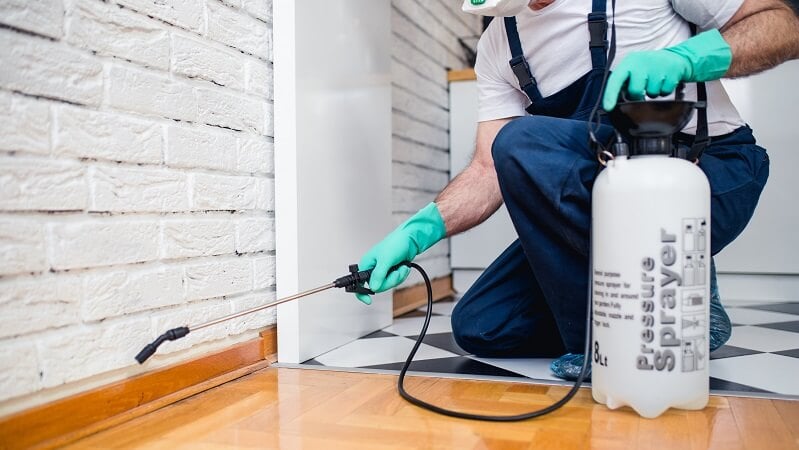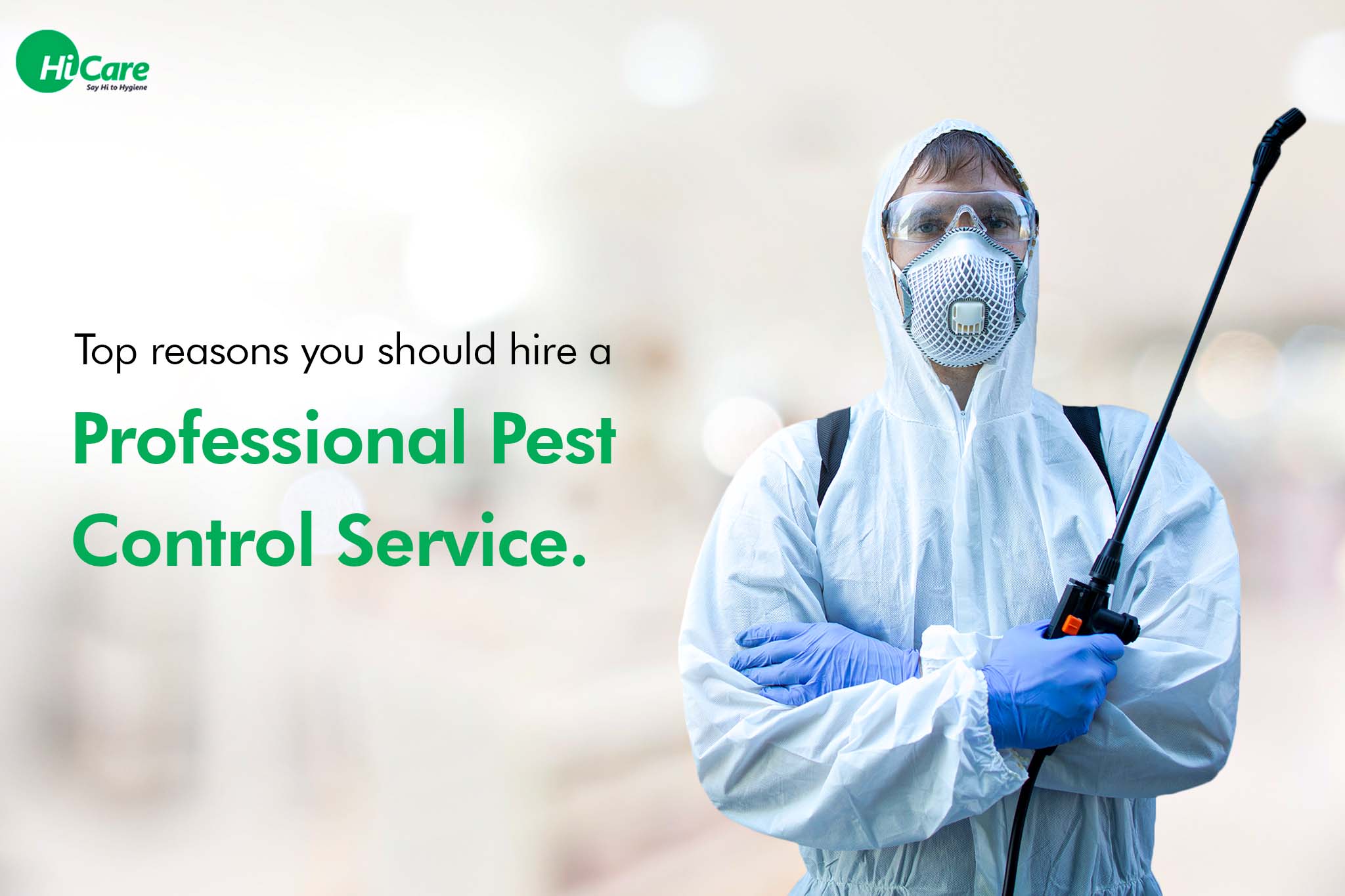Pest Control Clovis Solutions: Professional Provider at Your Front door
Pest Control Clovis Solutions: Professional Provider at Your Front door
Blog Article
Comprehending the Numerous Methods to Parasite Control: A Comprehensive Guide

Natural Pest Control Methods
Employing eco-friendly strategies such as buddy planting and organic insect control is important for properly handling pests in farming setups. Companion growing includes expanding different plants in distance to deter parasites, improve nutrient uptake, and improve general crop wellness.
Biological parasite control includes presenting natural killers or microorganisms to control pest populaces. Ladybugs, for example, eat aphids, managing their numbers without the demand for chemical pesticides. Another instance is using Bacillus thuringiensis (Bt), a microorganism that targets certain insect parasites while being harmless to people, pets, and useful pests.
These environmentally friendly approaches not just decrease the reliance on artificial pesticides yet also help maintain biodiversity and soil health and wellness. By including natural bug control techniques right into farming practices, farmers can attain sustainable insect administration while minimizing negative effect on the setting.

Chemical Pest Control Solutions
Along with all-natural pest control techniques, the use of chemical bug control remedies plays a significant role in properly managing pest populations in agricultural environments. Chemical insect control services are developed to target particular bugs that might create extensive damage to crops. These solutions frequently include synthetic pesticides that are designed to get rid of parasites quickly and efficiently.
One of the key benefits of chemical parasite control remedies is their performance in managing insect invasions widespread. Farmers can apply these services using various methods such as splashing, fumigation, or seed treatment to shield their plants from unsafe pests, weeds, and illness. Additionally, chemical pest control remedies are fairly easy to apply and can offer rapid outcomes, assisting farmers protect their yields and decrease financial losses.
Nonetheless, it is important to utilize chemical parasite control options judiciously to decrease prospective adverse effect on the setting, non-target organisms, and human wellness. Proper application methods, adherence to safety and security standards, and regular tracking are critical to guarantee the liable use of chemical bug control solutions in agricultural techniques.
Organic Pest Control Approaches
Biological insect control approaches utilize all-natural killers or pathogens to manage pest populations in farming setups effectively. One common organic control approach is the intro of all-natural opponents, such as ladybugs or parasitic wasps, to target particular insects.
One more biological control method involves making use of virus like microorganisms, fungis, or viruses to infect and kill parasites. These microbial representatives can be sprayed on crops or presented into the soil to deal with numerous parasites without damaging beneficial pests or various other wildlife. Additionally, making use of scents to interrupt the mating patterns of parasites is one more effective organic control method. By hindering their reproduction, this approach assists to reduce pest populaces without the need for chemical treatment. Generally, biological parasite control techniques offer a lasting and targeted service to pest management in agriculture.
Integrated Pest Administration (IPM)
Integrated Parasite Management (IPM) is a thorough method that integrates numerous pest control methods to effectively take care of and decrease pest populations in farming systems. IPM concentrates on long-lasting avoidance of parasites through a combination of organic, social, physical, and chemical control approaches. By incorporating these different techniques, IPM intends to lower reliance on chemical pesticides, minimize environmental effect, and advertise lasting parasite monitoring practices.
One secret aspect of IPM use this link is using organic controls such as natural predators, parasites, and microorganisms to control bug populations. This method takes advantage of the power of nature to preserve a balance between insects and their all-natural opponents without creating harm to the atmosphere.
In addition, IPM entails cultural practices like crop habitat, rotation, and hygiene manipulation to create unfavorable problems for parasites and interrupt their life cycles. Physical controls such as mulches, barriers, and traps are also made use of to avoid parasite invasions.
Physical and mechanical Bug Control Methods
Utilizing non-chemical methods, such as physical and mechanical parasite control methods, is a critical facet of detailed insect management approaches, building on the foundation of Integrated Parasite Administration's holistic approach. Mechanical pest control entails using physical obstacles or traps to stop bugs from accessing and damaging plants or structures. This approach can consist of strategies like setting up screens on home windows, using row covers in farming, or using sticky traps to catch bugs.
Physical parasite control methods, on the various other hand, focus on directly eliminating pests through physical means. Using warm treatments to eradicate bed insects or vacuuming up parasites like ants or crawlers can be reliable ways to handle problems without the usage of chemicals. By incorporating these physical and mechanical insect control strategies into an Integrated Insect Monitoring strategy, individuals and experts can reduce reliance on chemicals while still effectively handling pest populaces and minimizing damages.
Verdict

In addition to all-natural insect control approaches, the usage of chemical pest control options plays a considerable duty in successfully managing pest populaces in farming atmospheres.One of the key advantages of chemical parasite control services is their performance in managing parasite invasions on a big scale.Integrated Bug Management (IPM) is a detailed approach that integrates numerous insect control approaches to effectively handle and minimize pest populations in farming systems.Making use of non-chemical techniques, such as mechanical and physical bug websites control techniques, is a crucial element of comprehensive pest management methods, building upon the foundation of Integrated Insect Monitoring's all natural approach. By integrating these physical and mechanical parasite control techniques into an Integrated Insect Administration strategy, experts and people click to read more can minimize reliance on pesticides while still efficiently handling pest populaces and decreasing damage.
Report this page